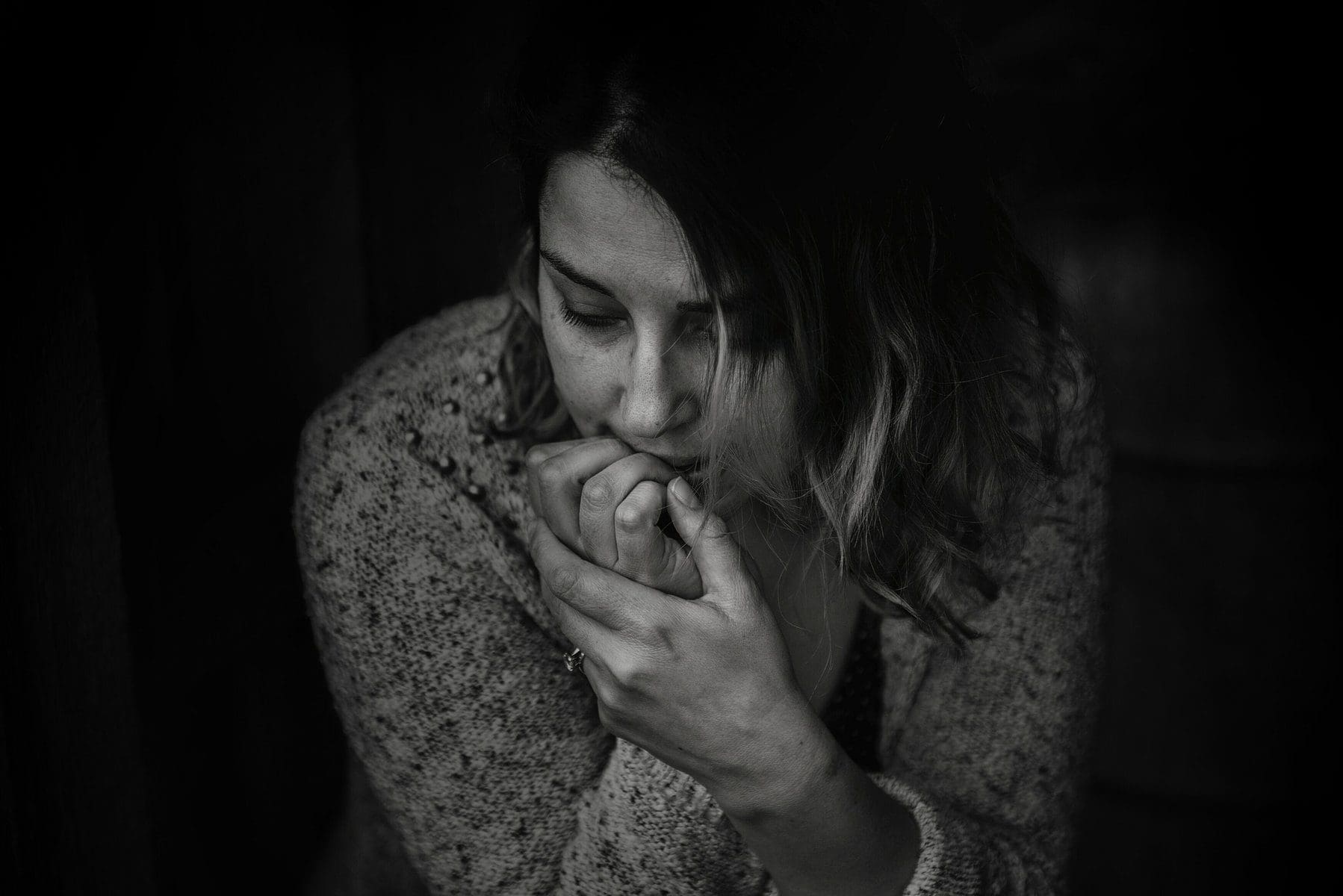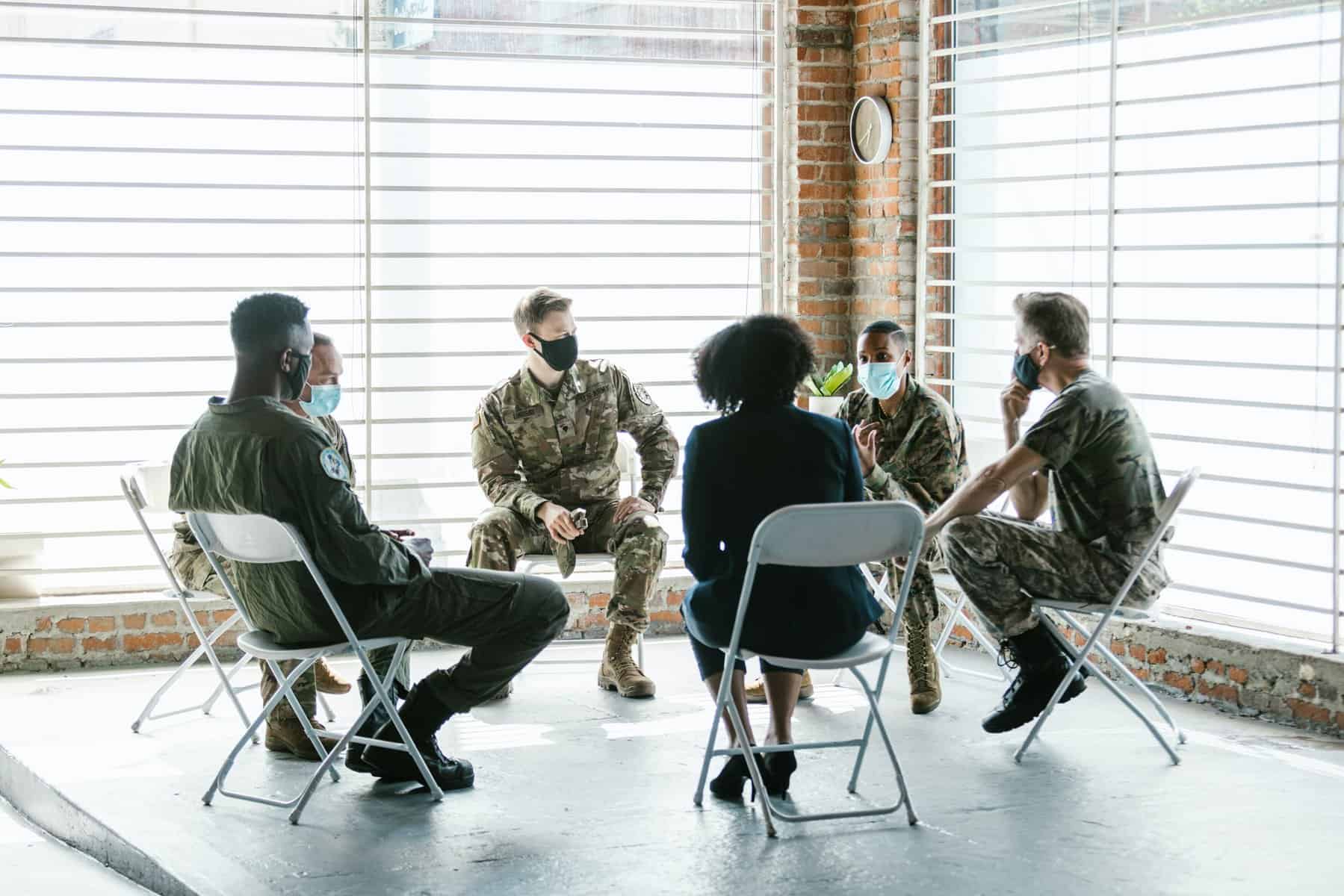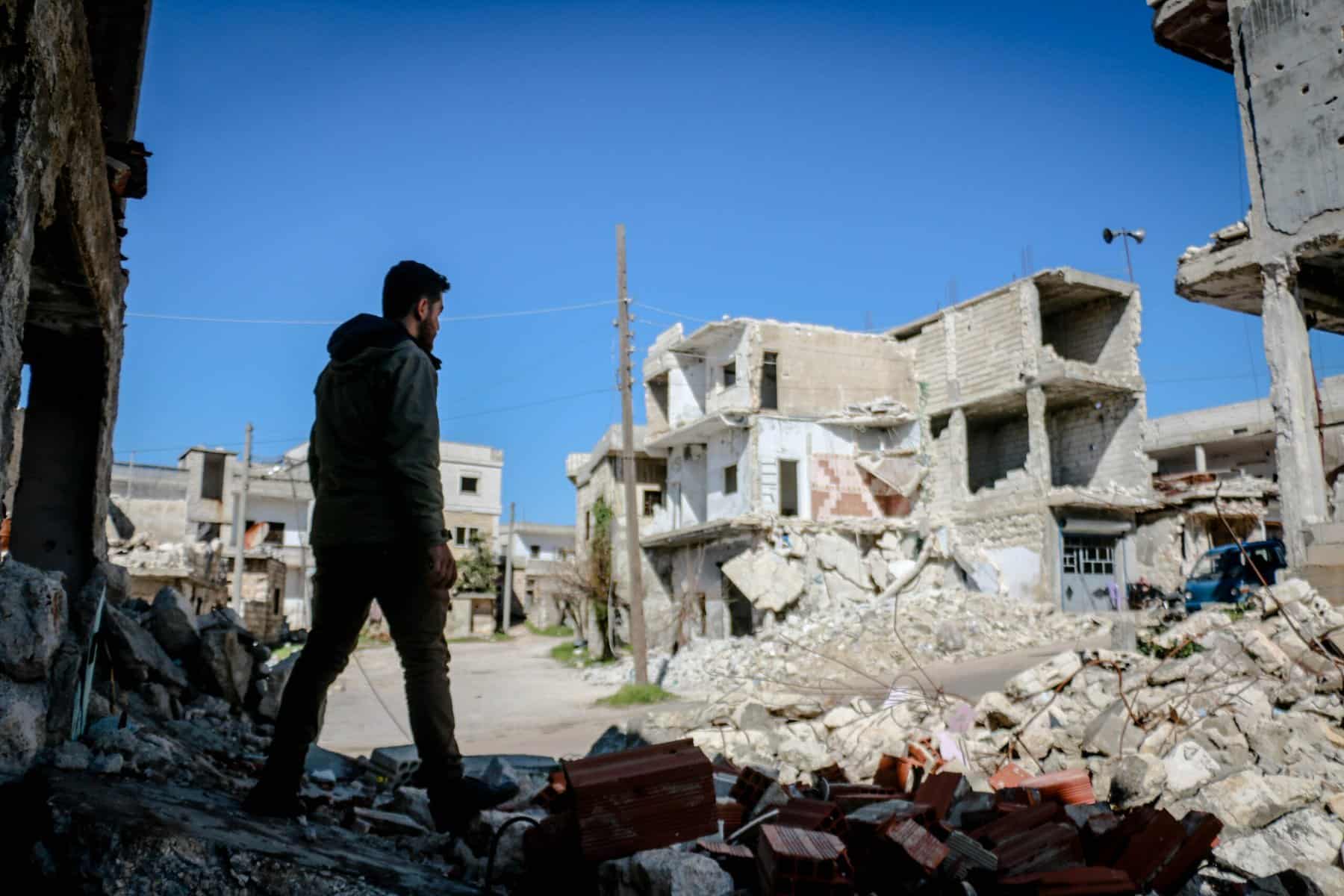After the Turkey incident, many people now face earthquake trauma, which we all have to empathise with. Whether we went through the disaster or not, healing from a natural disaster can be very, very hard. For people who have previously faced a natural disaster, the turkey news could have triggered their memories. And for the Turkish citizens who are still battling the crisis, it’s truly a nightmare.
Whether you’re a survivor or a friend of one, we wish all the strength and love to you. To help you recover from the traumatic event, here are some coping tips to heal from a disaster.

Signs and Symptoms of Disaster Trauma
When you experience or witness trauma, certain signs and symptoms will build up, such as nightmares, anxiety and related aspects. Some of the common signs and symptoms one will go through are,
- Distressing flashbacks of the terrifying incident
- Dreams/Nightmares
- Migraines
- Panic attacks
- Loss of breath
- Hopelessness
- Memory power might get reduced
- Lack of interest in hobbies and passion
- Sleeplessness
- Loss of appetite
- Detachment
- Relationships can be a burden
- Emotionally might turn numb and cold
- Loud sounds and noises make one flinch or shiver
- Aggressive behaviour
- Guilt and shame on oneself
All the above-mentioned signs might occur altogether or just quite a few. Be it whatever, the sooner you take notice and treat it, the sooner you can heal from PTSD.
Also read: Dealing With the Loss of a Pet: 7 Keys to Heal After Pet’s Death
4 Tips to Heal From Earthquake Trauma

Seek a Therapist
Never feel ashamed to meet with a professional at times of healing. Visiting a therapist and taking treatments have so much stigma around them, but we truly say they’re untrue. When you meet with a professional, they will listen to you and determine the best treatment methods for your PTSD. Medications aren’t always included in therapies, so you can confidently visit and feel a new you.
Take a Break
The first step to recovering from PTSD is to take a generous break. Whether you find happiness in being isolated or want to stay with your friends for distraction, take a huge break from responsibilities. If possible, quit your job and seek someone you trust to take a rest. When you stay away from responsibilities, you will have time to accept what has happened to you and, meanwhile, start to feel prepared for the next step in life.
Mourn Over the Loss
Earthquakes will leave both physical and mental loss. At such times, it is best to cry and mourn over what has happened to you. Never think that you’re self-pitying because you truly are not doing that. You’re grieving over something that has seriously affected you and deserve a good cry. You can also cry to a friend who will stay right beside you.
Mourning over the loss has no time restrictions. You can cry today and even think about it and cry a month later. Whatever it may be, you’re feelings are indeed valid.

Join a Community Group
There are many online forums and groups where natural disaster survivors and victims’ families gather around to share their experiences and listen to others’ experiences. You will be able to express what you’ve gone through and meet new people, form relationships and get a safe zone. These groups tend to have regular outings and group therapies to influence your healing journey positively.
Final Thoughts
Witnessing or experiencing an unexpected unpleasant disaster is definitely frightening. When you survive and lose some of your loved ones, the loss and its effect on one’s mental health will be troublesome and must be taken seriously. When you start your healing journey, you will lose hope while going on track, but try your best to hold on for a little bit because you will soon re-discover yourself and find your purpose. You Matter!
Also read: How to Support a Friend With Cancer: 8 Keys to Remember on World Cancer Day


